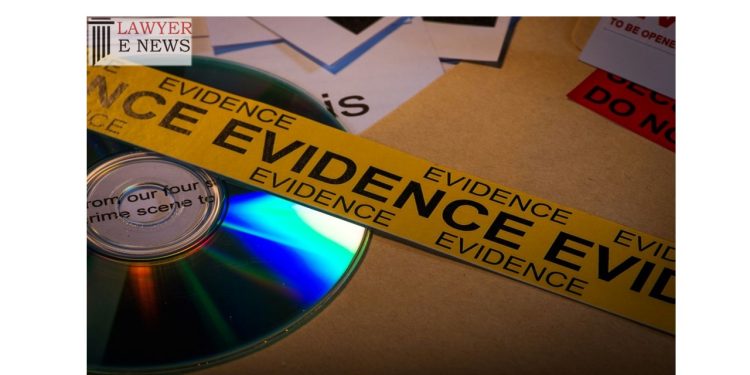Elaborate Examination of Evidence Is Not Required – Terror Conspiracy Case – Bail Denied By Delhi High Court

In a recent judgement, the Delhi High Court has affirmed the stringent criteria for granting bail in cases related to terrorism conspiracies. The judgment, delivered by Hon’ble Judges Anish Dayal and Siddharth Mridul on September 18, 2023, emphasizes the gravity of such allegations and the need for a thorough evaluation of the prima facie truth of accusations under Section 43D(5) of the Unlawful Activities (Prevention) Act (UAPA).
The judgment underscores the court’s commitment to national security and its cautious approach when considering bail in cases involving serious offenses, particularly those related to terrorist activities.
“Elaborate examination or dissection of evidence is not required to be done at this stage,” the court observed, “The Court is merely expected to record findings on the basis of broad probabilities regarding the involvement of the accused in the commission of the stated offenses.” This statement reinforces the court’s stance that bail in terror-related cases should not be granted lightly.
The judgment also discusses the significance of evidence provided by the investigating agency, even if it is subject to further scrutiny at trial. “Documents which form part of the evidence may not be discarded at this stage on the ground of them being inadmissible, since that would be a matter of trial,” the court clarified.
The case in question involved allegations of conspiracy to engineer IED bomb blasts in India as part of terror activities. The accused was charged with conspiracy, possession of IEDs, and other arms and ammunition, including grenades and pistols. The court noted that while the charges had yet to be proven, there were reasonable grounds to believe that the accusations against the appellant were prima facie true.
The judges’ decision reflects the challenges of obtaining direct evidence in conspiracy cases. “Since a conspiracy is hatched in private or in secrecy, it is rarely possible to establish a conspiracy by direct evidence,” the court acknowledged. This acknowledgment underscores the difficulties in investigating and prosecuting such cases.
The judgment also took into account the accused’s alleged role as a link in a network planning terrorist activities, emphasizing that his degree of involvement would be determined during the trial.
The ruling follows precedents set by earlier cases, including Union of India v. K.A. Najeeb and Ghulam Mohd. Bhat v. National Investigating Agency, and aligns with the court’s commitment to national security.
With this judgment, the Delhi High Court reiterates its stance that the seriousness of terror-related charges demands a cautious approach to bail, ensuring that public safety remains a top priority.
Date of Decision: September 18, 2023
MOHD. AMIR JAVED vs STATE (NCT OF DELHI)






